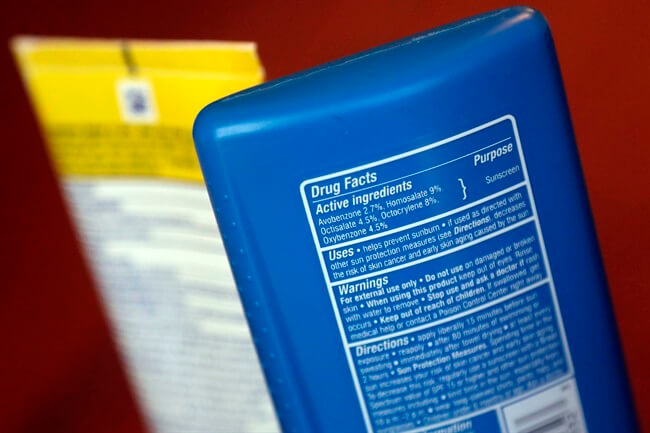Hawaii is about to ban sunscreens harming its coral reefs
If you're headed to the island anytime soon, you might want to take something off your checklist.
Advertisement
If you're headed to the island anytime soon, you might want to take something off your checklist.

Share this article Share on Facebook Share on Twitter Share on Linkedin Share on Reddit Share on Email